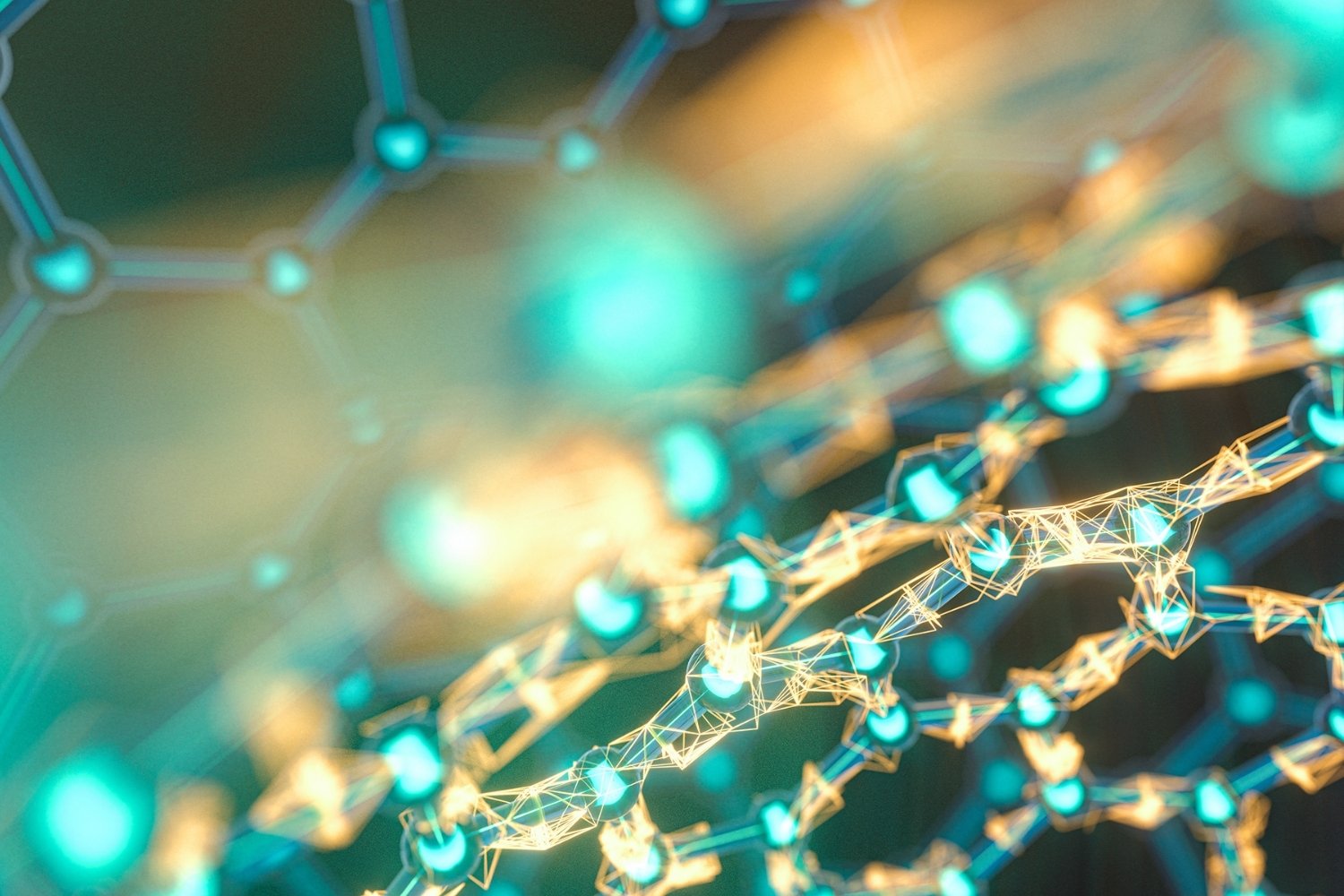
Fragmentation is a term that pops up in various fields, from biology to technology. But what does it really mean? In biology, fragmentation refers to a form of asexual reproduction where an organism splits into fragments, each capable of growing into a new individual. In technology, it describes the process where a file is broken into pieces scattered across a storage device, slowing down system performance. In ecology, fragmentation often means the breaking up of habitats, which can endanger species. Understanding fragmentation helps us grasp how systems, whether living or digital, can become less efficient or more vulnerable. Ready to dive into 26 intriguing facts about fragmentation? Let's get started!
What is Fragmentation?
Fragmentation happens when something breaks into smaller pieces. In technology, it often refers to data storage or memory. Let's dive into some fascinating facts about fragmentation.
Fragmentation in Technology
Fragmentation affects how efficiently devices operate. Here are some key points:
- Hard Drive Fragmentation: Files get split into pieces scattered across the disk. This slows down data retrieval.
- Memory Fragmentation: Memory gets divided into small, non-contiguous blocks. This reduces available memory for new applications.
- File System Fragmentation: Over time, files become fragmented, causing slower read/write speeds.
- Database Fragmentation: Data in databases can become fragmented, leading to slower query responses.
- SSD Fragmentation: Solid State Drives handle fragmentation differently but still face performance issues.
Causes of Fragmentation
Understanding why fragmentation occurs helps in managing it better.
- File Deletion: Deleting files leaves gaps in storage, which new files may not fit perfectly into.
- File Modification: Editing files can cause them to grow, needing more space and leading to fragmentation.
- System Crashes: Unexpected shutdowns can leave files in a fragmented state.
- Software Updates: Installing updates can fragment files as new data is written.
- Frequent File Access: Regularly accessing and modifying files increases fragmentation.
Effects of Fragmentation
Fragmentation impacts performance and efficiency in various ways.
- Slower Performance: Fragmented files take longer to read, slowing down the system.
- Increased Wear and Tear: More read/write operations can wear out storage devices faster.
- Higher Energy Consumption: Fragmented data requires more power to access, draining batteries quicker.
- Reduced Storage Capacity: Fragmentation can make it seem like there's less available storage.
- Longer Boot Times: Fragmented system files can delay startup times.
Managing Fragmentation
There are several methods to manage and reduce fragmentation.
- Defragmentation Tools: Software that reorganizes fragmented files into contiguous blocks.
- Regular Maintenance: Regularly running maintenance tasks can prevent severe fragmentation.
- Solid State Drives: SSDs handle fragmentation better than traditional hard drives.
- File System Choices: Some file systems are more resistant to fragmentation.
- Cloud Storage: Storing files in the cloud can reduce local fragmentation.
Interesting Facts About Fragmentation
Here are some lesser-known facts about fragmentation.
- Historical Context: Fragmentation has been an issue since the early days of computing.
- Gaming Impact: Gamers often defragment their drives to improve game load times.
- Mobile Devices: Fragmentation affects smartphones and tablets, slowing down apps.
- Linux Systems: Linux file systems are designed to minimize fragmentation.
- Fragmentation Myths: Some believe SSDs don't need defragmentation, but they can still benefit from it.
- Future Solutions: Advances in storage technology aim to reduce or eliminate fragmentation issues.
Fragmentation is a complex topic with wide-ranging impacts on technology. Understanding it helps in managing devices better and ensuring optimal performance.
Final Thoughts on Fragmentation
Fragmentation affects everything from ecosystems to technology. Understanding it helps us see how small changes can lead to big impacts. In nature, habitat fragmentation can endanger species. In tech, data fragmentation slows down systems. Both types show how breaking things into smaller pieces can cause problems. But, knowing about fragmentation also means we can find solutions. Conservation efforts can protect habitats. Defragmentation tools can speed up computers. Awareness is the first step to action. By learning about fragmentation, we can make better choices in our daily lives. Whether it's protecting the environment or maintaining our devices, every bit helps. So, next time you hear about fragmentation, you'll know why it matters. Keep this knowledge handy. It’s more useful than you might think.
Was this page helpful?
Our commitment to delivering trustworthy and engaging content is at the heart of what we do. Each fact on our site is contributed by real users like you, bringing a wealth of diverse insights and information. To ensure the highest standards of accuracy and reliability, our dedicated editors meticulously review each submission. This process guarantees that the facts we share are not only fascinating but also credible. Trust in our commitment to quality and authenticity as you explore and learn with us.
